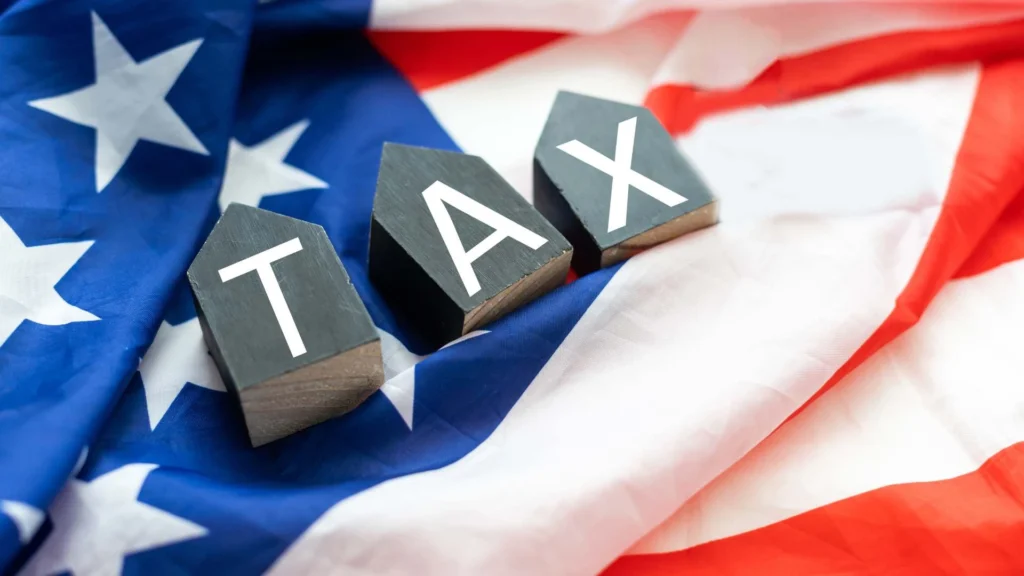Police officers dedicate their lives to maintaining law and order, protecting citizens, and ensuring the safety of our communities. Like any other employee, they also earn income, which can come from regular salaries or special assignments. Sometimes, police officers take on special or extra duty pay (SEDP) from third parties during events or security jobs. In such cases, the third party is responsible for withholding CPP contributions, EI premiums, and income tax from the payment made to the officer. These deductions are reported on a T4 slip, and officers can claim allowable expenses against the SEDP income.
Do Police Officers Pay Taxes?
Yes, police officers pay taxes just like every other working citizen. Their tax obligations are based on their income, deductions, and other personal financial details. There are no exclusive or separate tax rates for law enforcement. Instead, they fall under the same tax laws and regulations that apply to all employees in the United States.
Tax Obligations for Police Officers
Police officers, being public servants, are subject to federal, state, and local tax rules like everyone else. Let’s explore the key types of taxes they encounter:
1. Federal Income Tax
Police departments, like any employer, must withhold federal income tax from an officer’s paycheck. In addition, Social Security and Medicare taxes may be withheld if applicable. If a department falls under a Section 218 agreement, it determines the eligibility of the officer for Social Security and Medicare benefits.
2. State Income Tax
Depending on the state, officers may also be required to pay state income tax. States have their own definitions and tax requirements, but generally, police officers are taxed on income in the same way as other residents of the state.
3. Local Taxes
Local governments fund essential public services—including police departments—through property taxes, sales taxes, and other municipal levies. Police officers pay these taxes as residents of the locality, just like other citizens.
Special Tax Considerations for Police Officers
For accurate tax filing, officers must account for special or extra duty income separately. Income from SEDP is often irregular, so methods for calculating withholding differ slightly from regular salaries. Officers must:
- Use correct withholding methods for bonuses or lump-sum payments.
- Submit earnings and deductions on a T4 slip.
- Maintain proper records and claim eligible deductions.
Tax Deductions and Credits for Police Officers
To reduce their taxable income or increase potential refunds, officers can take advantage of tax credits and deductions:
- Credits directly reduce the tax owed and may result in refunds.
- Deductions reduce taxable income, which lowers overall tax liability.
Proper documentation is needed to support deductions, including receipts and records of professional expenses.
Tax Exemptions
Though most police income is taxable, certain transactions or allowances may qualify for tax-exempt status under specific circumstances. These could include job-related reimbursements or retirement income. However, such exemptions are governed by federal and state rules.
Conclusion
Police officers play a vital role in our communities and, like all other working professionals, are required to pay taxes. While there are special considerations, like SEDP income and eligible deductions, they must still comply with the same tax regulations as civilians.
If you’re a police officer, keep proper records and explore all available tax benefits. Need help managing your finances or preparing for tax season? Download the Beem app—a smart tool for tracking expenses, planning budgets, and staying financially informed. With Beem, you can file your taxes, track your refund, and get personalized financial tips—all in one place.















































